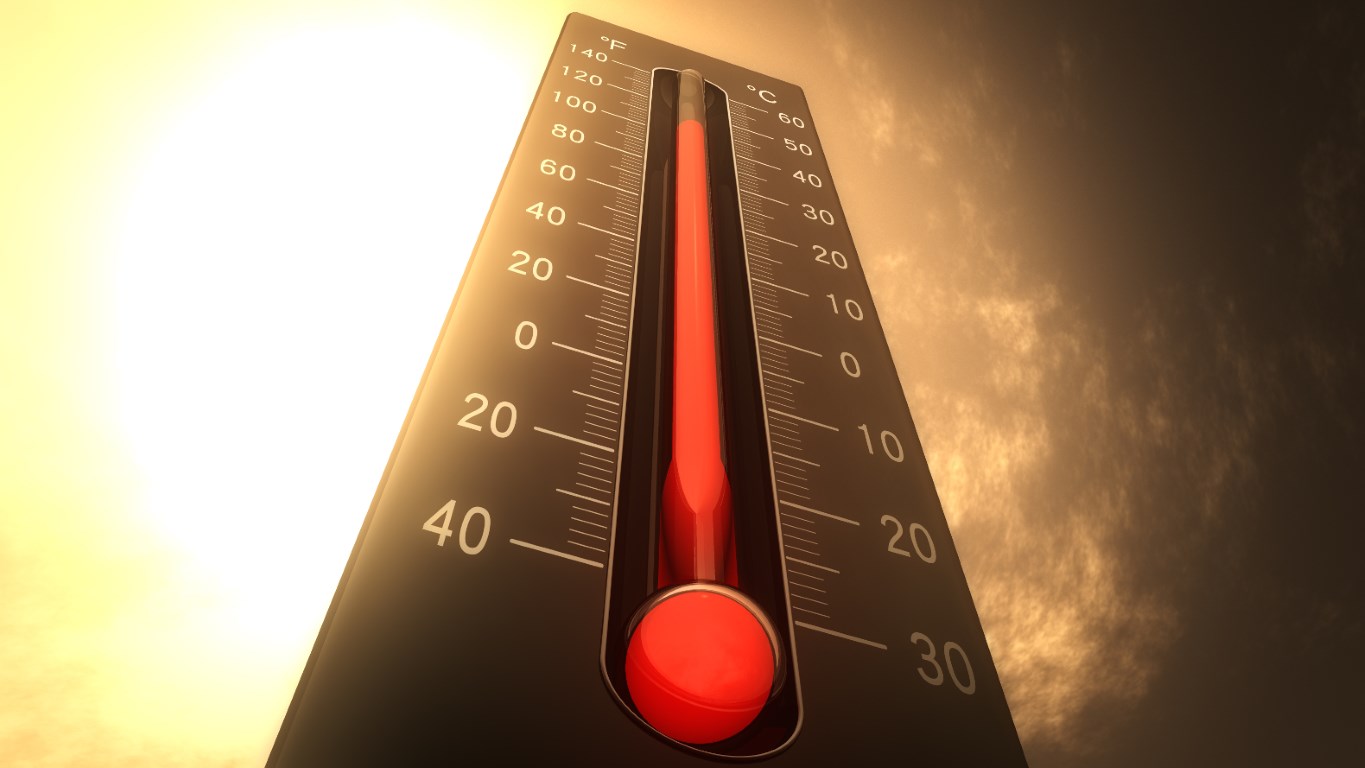Hottest year 2016
January 28, 2017 | Expert Insights

Can temperature rise be controlled?
National Oceanic and Atmospheric Administration (NOAA) and NASA declared 2016 as the warmest year, breaking the record three years in a row . NASA data shows that average surface temperature in 2016 was 0.12 degree centigrade warmer that in 2015. This is the third year in a row that records have been broken consecutively.
Two other global agencies, the Japan Meteorological Agency and Britain’s Hadley Center that track global temperatures also announced 2016 was the warmest year on record.
The Paris Climate Agreement
The Paris Accord on climate change entered into effect on 4th Nov 16. As on date, 126 nations have ratified the treaty. This ambitious treaty charts a new course in mitigating global warming. The Paris Agreement requires all nations to put their best efforts through nationally determined contributions (NDCs) and that nations report regularly on their emission and implementation efforts.
NDCs become effective from 2020 and should be able to keep the increase in the global average temperature to below 2 °C.
What are the implications of NDCs?
Since all member nations are committed to achieve their respective NDCs, they are expected to undertake a multitude of measures to reduce carbon footprint. Some expected measures would be elimination of fuel subsidy and imposition of carbon tax. This would make new technology (renewable) energy utilities more competitive with old technology (fossil fuel & coal) utilities.
On the positive side the cost of renewable energy particularly solar power has fallen and reached grid parity (a situation when the cost of power generation from non-renewable sources is equal to the cost of power generation from renewable sources) in more than 80 countries. On the negative side, many nations continue to subsidize fossil fuels to the extent of $775B to $1T yearly.
Assessment
The impact of global warming is alarming as it impacts food security, rising sea levels and creates adverse weather conditions. UN officials have already indicated that all nations are well short of their 2020 targets. Thus in future, nations can be expected to take more stringent measures to achieve their NDCs.








Comments